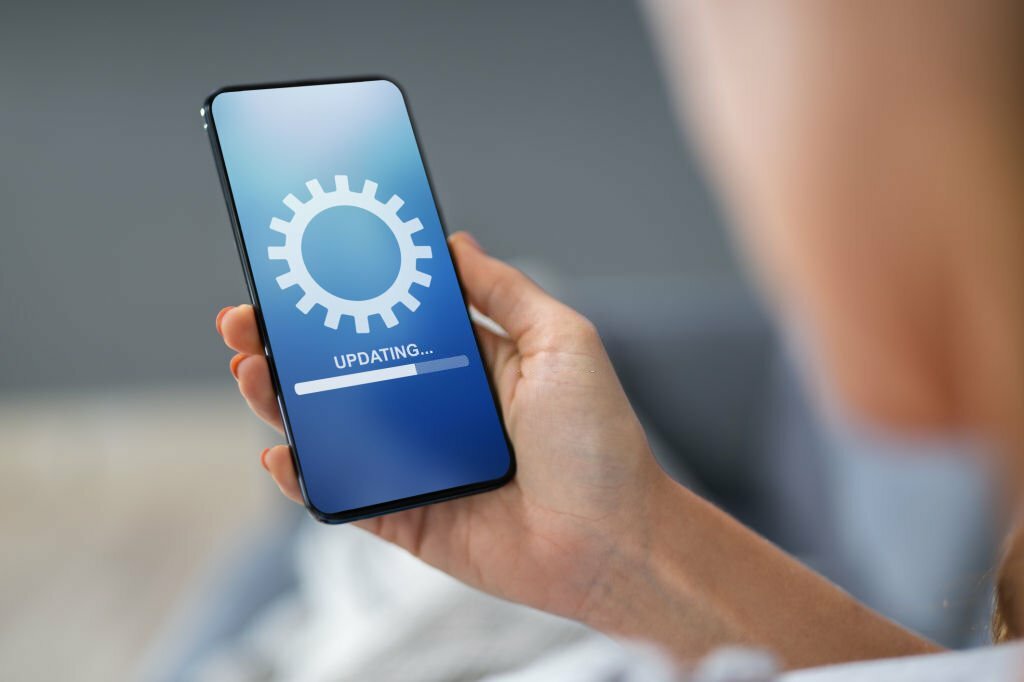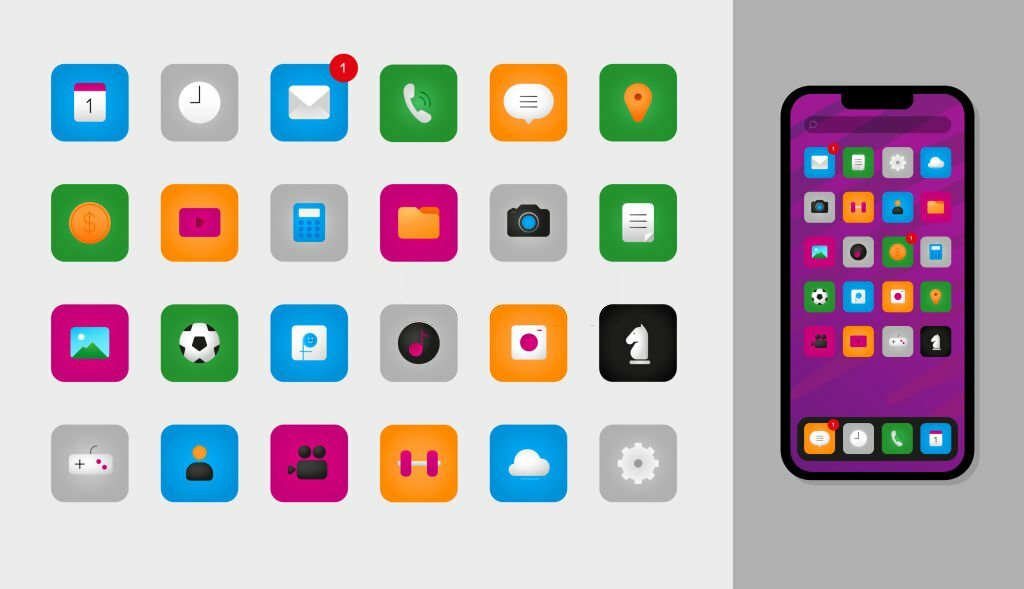Mobile Operating Systems: Navigating the Digital Landscape
Mobile operating systems (OS) have become the heartbeat of our digital lives, seamlessly orchestrating the functionality of our smartphones and tablets. In this article, we’ll delve into the evolution, features, and impact of these OS, helping you navigate the dynamic world of mobile technology.
Introduction
Definition of Mobile Operating Systems
At its core, a mobile operating system is the software that powers mobile devices, managing hardware resources and providing a user interface for interaction. It serves as the foundation for running applications and ensuring the smooth functioning of the device.
Significance in the Digital Era
As we plunge deeper into the digital era, mobile operating systems have become pivotal, shaping our digital experiences. The choice of OS can significantly influence how we interact with our devices, impacting everything from app availability to user interface design.

Evolution of Mobile Operating Systems
Early Systems
The journey of mobile operating systems began with simple interfaces, primarily focused on calls and messages. Systems like Symbian and Windows Mobile laid the groundwork for what was to come, setting the stage for the smartphone revolution.
Rise of iOS and Android
The emergence of iOS and Android marked a paradigm shift. Apple’s iOS introduced a seamless and intuitive interface, while Android embraced open-source principles, fostering innovation and customization. This duopoly revolutionized the mobile landscape.
Competition and Innovation
The rivalry between iOS and Android sparked a wave of innovation. Both platforms continuously enhance features, compete for app developers, and strive to outdo each other. This competition has led to a burst of creativity, benefitting users with a plethora of choices.
Popular Mobile Operating Systems
Android
As the most widely used mobile operating system globally, Android offers versatility and a wide range of devices. Its open-source nature allows manufacturers to customize the OS according to their preferences.
iOS
Apple’s iOS, known for its seamless ecosystem, is exclusive to Apple devices. Its closed nature ensures a controlled environment, optimizing the user experience.
HarmonyOS
Developed by Huawei, HarmonyOS aims to provide a unified platform for various devices, fostering seamless connectivity between smartphones, smartwatches, and other IoT devices.
KaiOS
KaiOS targets feature phones, providing a lightweight operating system with essential smartphone functionalities. It bridges the gap between traditional mobiles and smartphones.

Comparison of Mobile Operating Systems
Performance
Android’s diversity comes with varying performance levels, while iOS, designed for Apple’s hardware, offers a consistently smooth performance. The choice depends on individual preferences and device requirements.
Customization
Android shines in customization, allowing users to tweak their devices extensively. On the other hand, iOS maintains a more standardized look and feel, prioritizing a cohesive experience.
App Availability
While both platforms boast a vast array of apps, their availability can differ. Some apps may launch exclusively on one platform before making their way to the other.
Choosing the Right Mobile Operating System
Consideration Factors
Choosing between iOS and Android involves considering factors such as device preference, app selection, and integration with other devices. Assessing personal and business needs helps make an informed decision.
User Preferences
Individual preferences vary, and what works for one person may not suit another. Understanding your preferences, whether it’s a sleek and controlled ecosystem or a more customizable platform, guides the decision-making process.
Business Needs
For businesses, the choice of mobile operating system can impact app development, security measures, and device management. Aligning the OS choice with business objectives is crucial for seamless operations.
Tips for Optimizing Mobile OS Performance
Regular Updates
Both iOS and Android release regular updates to enhance performance and security. Keeping the operating system up-to-date ensures access to the latest features and fixes.
App Management
Optimizing app usage and managing background processes can contribute to smoother performance. Regularly reviewing and uninstalling unnecessary apps can free up resources.
Security Practices
User awareness and adherence to security best practices, such as using strong passwords and enabling biometric authentication, contribute to a secure mobile experience.

The Future of Mobile Operating Systems
Emerging Technologies
Technological advancements like 5G connectivity, artificial intelligence, and foldable displays are shaping the future of mobile operating systems. Staying informed about these developments prepares users for what lies ahead.
Market Predictions
Experts predict a continued evolution in mobile operating systems, with a focus on enhanced connectivity, cross-device integration, and innovative user interfaces. Anticipating these changes allows users to stay ahead of the curve.
Conclusion
In conclusion, the world of mobile operating systems is dynamic and multifaceted. Whether you’re drawn to the versatility of Android, the seamless ecosystem of iOS, or the emerging possibilities of HarmonyOS and KaiOS, the choice is a personal one. Understanding the nuances, considering your preferences, and staying informed about trends ensures that your mobile experience aligns with your needs.

